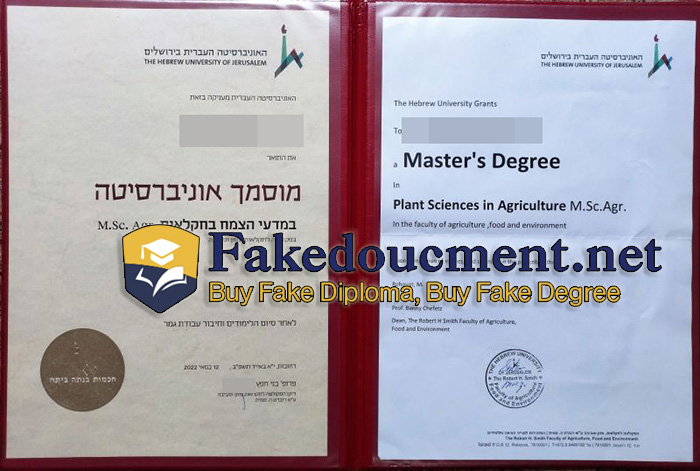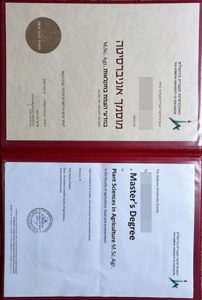
Where to order a realistic Hebrew University of Jerusalem degree certificate online? Why people would like to buy a realistic Hebrew University of Jerusalem diploma certificate online? The best way to buy a realistic Hebrew University of Jerusalem degree certificate online?
The Hebrew University of Jerusalem, established in 1918, is one of Israel’s oldest and most prestigious institutions of higher learning. Located on Mount Scopus, it offers a wide range of undergraduate and graduate programs across various disciplines, including humanities, sciences, social sciences, engineering, and medicine.
The university is known for its research output and has produced several Nobel Prize winners among its faculty and alumni. It serves as a hub for academic and cultural events and plays a significant role in Israel’s educational and scientific community.
If you have specific questions about programs, campus life, or research at the Hebrew University, feel free to ask!
The university has five affiliated teaching hospitals (including the Hadassah Medical Center), seven faculties, more than 100 research centers, and 315 academic departments. As of 2018, one-third of all the doctoral candidates in Israel were studying at the HUJI.
Among its first board of governors was Sigmund Freud and Martin Buber. Four of Israel’s prime ministers are alumni of the university. As of 2018, 15 Nobel Prize winners (8 alumni and teachers), two Fields Medalists (one alumnus), and three Turing Award winners have been affiliated with the HUJI. It is ranked as the 77th best university in the world.
A vision of the Zionist movement was the establishment of a Jewish university in the Land of Israel. Founding a university was proposed as far back as 1884 in the Kattowitz (Katowice) conference of the Hovevei Zion society, and by Hermann Schapira at the First Zionist Congress of 1897.
The cornerstone for the university was laid on 24 July 1918. Seven years later, on 1 April 1925, the Hebrew University campus on Mount Scopus was opened at a gala ceremony attended by the leaders of the Jewish world, distinguished scholars and public figures, and British dignitaries, including the Earl of Balfour, Viscount Allenby, Winston Churchill and Sir Herbert Samuel. The university’s first chancellor was Judah Magnes, who led the school as chancellor from 1924 to 1935. In 1935 to 1948 he led the school as president.
One of the most controversial issues during the conceptualization of the university regarded its future official language. Whereas one side, the so-called “Germanists”, proposed a combination of German and Arabic for all non-Jewish subjects, the other side opted for the general use of Hebrew. The former party was afraid the very recent Modern Hebrew might not yet allow high-level academic discussions since it still suffered from a lack of specific technical terms in non-religious contexts.
Although this concern can not simply be dismissed as unreasonable, the representatives of this position underestimated the symbolic significance of Hebrew for many Jews, not least of all for those outside the academia.
Therefore, they were not able to prevail in the discussion and had to give in to the decision that the new university would be an explicitly Hebrew one. The question, what would define the specific Hebrew character of the university did not only regard the choice of an official language but also organizational aspects, as for example the establishment of departments and the definition of their respective research areas, and the outline of its overall academic profile.
Therefore, in 1919, Shmaryahu Levin inquired a number of prominent Jewish European scholars about their opinions on the subject. One of the respondents was Ignaz Goldziher whose proposals were at least partly implemented: oriental languages, Jewish literature, and archaeology were among the first subjects studied at the university.






